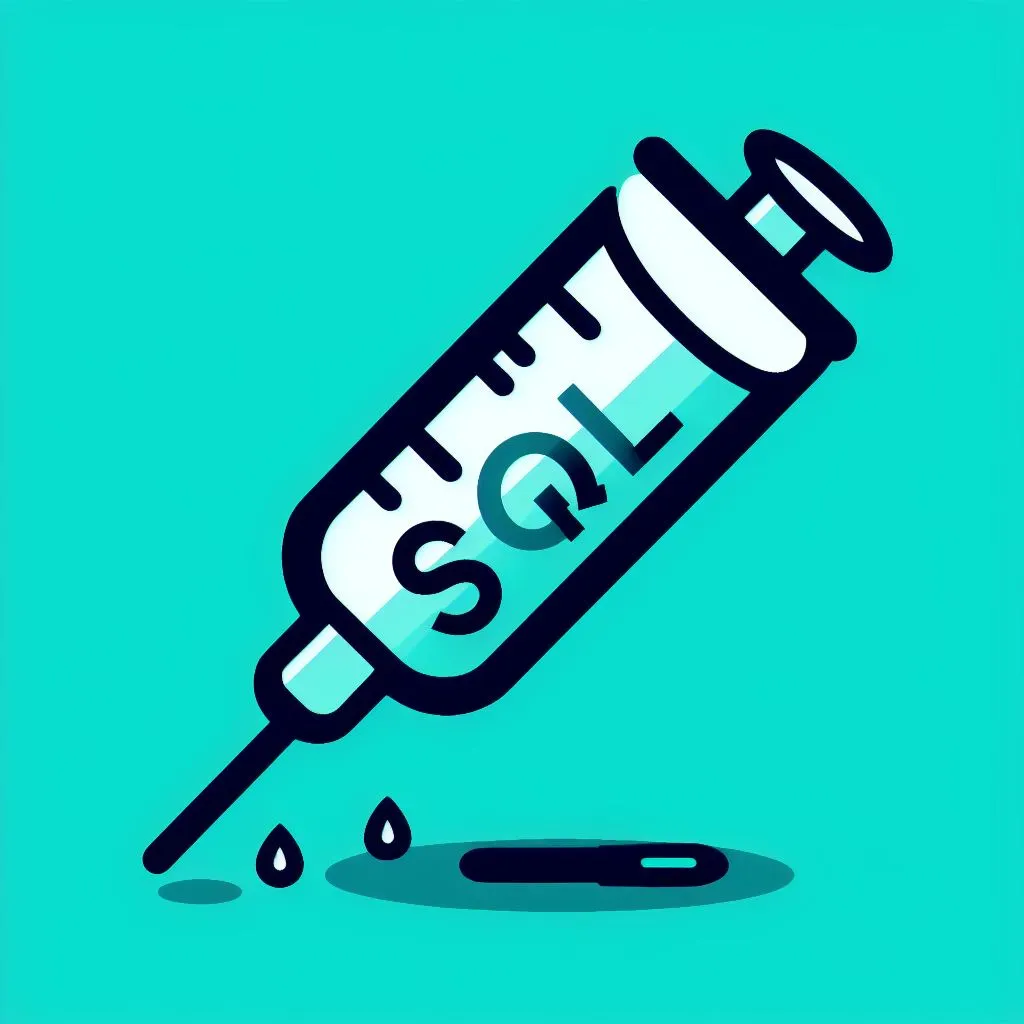
MOVEit Vulnerability Actively Exploited by Threat Actors
Are you aware of the ongoing vulnerability in MOVEit Transfer that threat actors are actively exploiting?
This critical security flaw affects versions before 2021.0.8, 2021.1.6, 2022.0.6, 2022.1.7, and 2023.0.3. By exploiting a SQL injection vulnerability, attackers can gain unauthorized access to the database, potentially exposing sensitive information.
The application has multiple vulnerabilities, with most of them involving SQL injection. These vulnerabilities are being tracked as CVE-2023-35036, CVE-2023-34362, and CVE-2023-35708.
This exploit has been in the wild since May and June 2023, posing a significant risk to unpatched systems. It is crucial to address this vulnerability promptly to protect your data and prevent further exploitation.
Impact of MOVEit Vulnerability
The MOVEit vulnerability has significantly impacted affected organizations, with threat actors actively exploiting the vulnerability. The vulnerability has resulted in numerous data breaches and compromised email accounts. The MOVEit data breach affected 60 million individuals, which is a notable instance.
U.S.-based organizations account for 83.9% of known MOVEit breach victims. This is followed by Germany at 3.6%, Canada at 2.6%, and the United Kingdom at 2.1%. The healthcare sector has also been heavily impacted, with 15.96% of victims associated with the industry. Around 33% of at-risk MOVEit servers belong to financial service-related groups, like the Experian data breach.
The estimated total cost of the MOVEit cyber attacks so far is $9,923,771,385. Organizations must address this vulnerability promptly to prevent further breaches and protect sensitive data.
Exploitation of MOVEit Vulnerability


Threat actors can exploit the MOVEit vulnerability by using the SQL injection vulnerabilities in the MOVEit Transfer web application. These vulnerabilities allow an unauthenticated attacker to gain unauthorized access to MOVEit Transfer's database. By sending a crafted payload to a MOVEit application server, an attacker can change and view the contents of the database. Since May and June of 2023 this exploit has been seen in the wild.
It is crucial to address this vulnerability promptly to protect your organization from potential data breaches. The impact of a data breach can be significant, leading to financial losses, reputation damage, and legal consequences. Consider investing in data breach insurance to mitigate the financial risks associated with such incidents.
If you suspect you or your organization have been affected by the MOVEit zero day, taking immediate action is important. Look out for any suspicious PBI letters in the mail which could indicate a data breach. Verify the legitimacy of these letters by contacting PBI directly through their official website and support contacts. Threat actors have used the PBI MOVEit data breach to attempt to lure victims to give up personal data.
To prevent exploitation of the MOVEit exploit:
- Ensure you have applied the latest patches and updates for the MOVEit software.
- Regularly monitor your systems for any unauthorized access attempts or suspicious activities.
- Implement robust security measures, such as strong authentication mechanisms and encrypted communication channels, to protect your organization's data further.
Cost and Consequences of MOVEit Mass Hacks
Continuing from the previous subtopic, let's explore the cost and consequences of a MOVEit software security breach.
The financial impact on affected organizations has been significant. According to IBM data, the estimated total cost of the MOVEit mass hacks is $9,923,771,385.
However, this cost is likely to be much higher. Emsisoft suggests that if the number of affected individuals is scaled, the price could be at least $65 billion.
The consequences for affected organizations go beyond financial losses. At least 60 million individuals have been affected by the MOVEit mass hacks, which are expected to increase as more organizations confirm data breaches. U.S.-based organizations account for 83.9% of known victims, followed by Germany, Canada, and the United Kingdom. The healthcare sector, financial service-related organizations, and government and military entities were among the most affected.
Moreover, the reputation of affected organizations has been tarnished, leading to a loss of trust from customers and stakeholders. The disclosure of sensitive information, such as protected health information and Social Security numbers, has also put individuals at risk of identity theft and other forms of fraud. The cl0p ransomware gang has already released some of stolen data on dark web forums. The long-term consequences of these breaches on organizations and individuals are yet to be fully understood.
